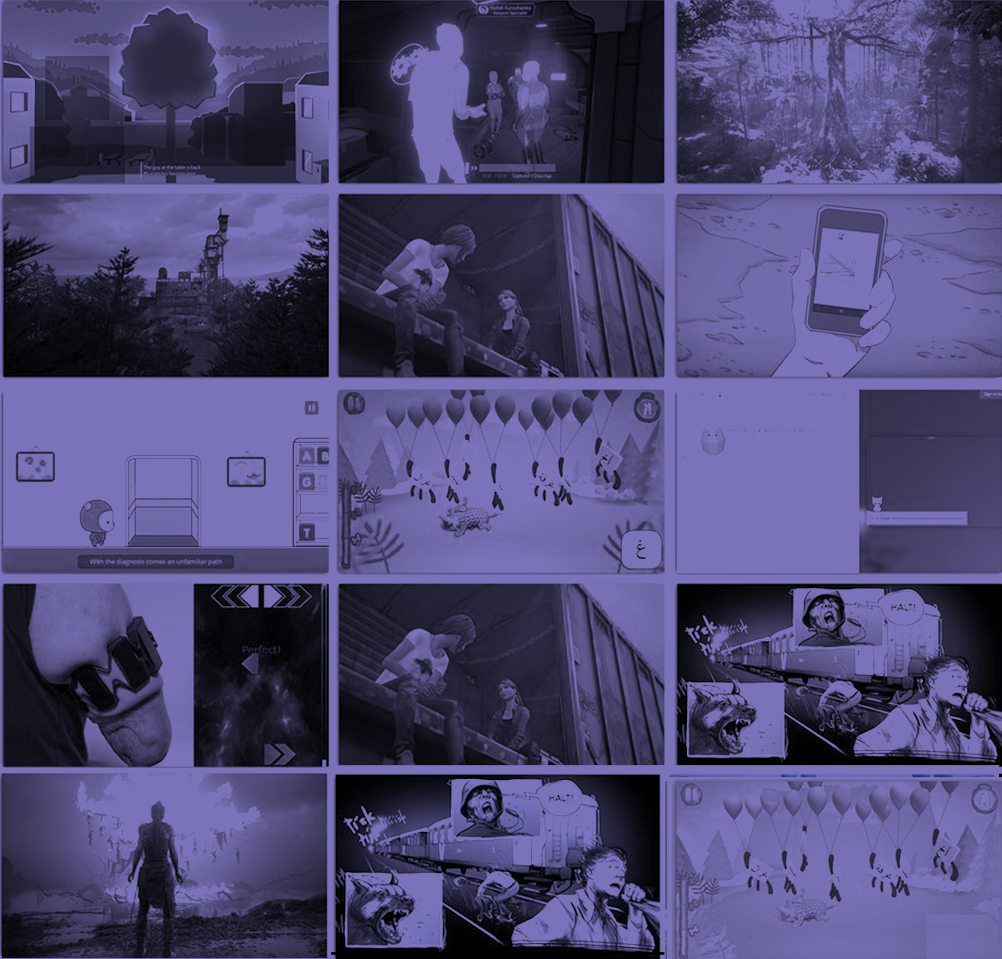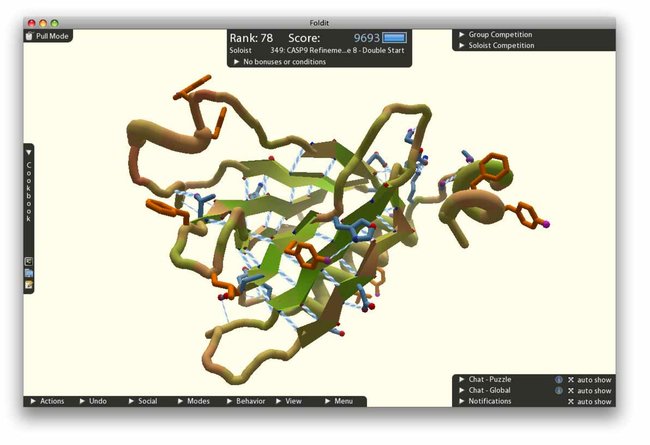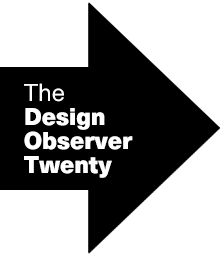
The Design Observer Twenty | Sponsored by IDEO
The Design Observer Twenty is our curated selection of twenty remarkable people, projects, and big ideas solving an urgent social need.
Turns out, they need everyone.
Now twenty years old, Games for Change (G4C) has become a global community of social innovators, creators, and dreamers who are using art, storytelling, gameplay, science, and an increasingly sophisticated array of technological tools to make games that help people learn, build healthier communities, be more peaceful, and drive real-world change.
“Game design is a very misunderstood and underappreciated skill set,” says Suzanne Pollack, now the president of G4C. “Designing a game is a lot like creating a whole world, and when you think about it that way, it’s easy to see the connection between game design and impact — because isn’t making an impact really about designing the world we want?”
G4C has evolved into an always-on global collaboration/convening studio where unlikely designers, partners, and major funders can find each other to create something new.

Foldit screen grab.
Like Foldit, a puzzle game developed by researchers at the University of Washington that pitted players against each other to figure out how proteins “fold” into specific configurations — and outperformed software designed to do the same thing. Or Remission, in which kids can “fight their cancer” with a first-person shooter game that boosts their spirits while encouraging them to complete their follow-up care. Or a project with the Nobel Peace Center and Minecraft, which produced two Minecraft games that taught peacebuilding and conflict mitigation. (Did you know that retired Chief Justice Sandra Day O’Connor had a second act as a game designer?)
Cross-sector collaboration is the power, Pollack says.
“There are so many different people who come together in the Games for Change community — game developers, artists and technologists, educators and students, government and non-profit leaders, healthcare professionals, academics and researchers, and many more. We’ve learned that games have this universal power to bring people together, and we need that power to drive meaningful change.”
On the Morning You Wake (To the End of the World) trailer.
And they continue to break new ground.
In 2022, G4C executive produced an award-winning VR documentary, On the Morning You Wake (To the End of the World), depicting the real-time lived experiences of people who lived for 38 minutes believing a nuclear attack was imminent. The impact campaign that accompanied that film is now an industry best practice. In 2023, G4C hosted the inaugural Games and SDG Summit at the United Nations, in the first-ever convening of the gaming community around the Sustainable Development Goals (SDG).
And games aren’t going anywhere.
Statista estimates the worldwide gaming market in 2022 at almost $347 billion U.S., outpacing both the film and music industries combined. Nearly half of the three billion active players worldwide are women, and while most gamers are 35-44, there are players of every age.
“With 20 years in, it still feels like we’ve only scratched the surface of the potential impact we can create as a community,” Pollack says. “Games are only getting bigger and better, and as the industry matures, so does the industry’s presence in cross-sector conversations about impact.”
Essay by Ellen McGirt.



